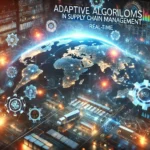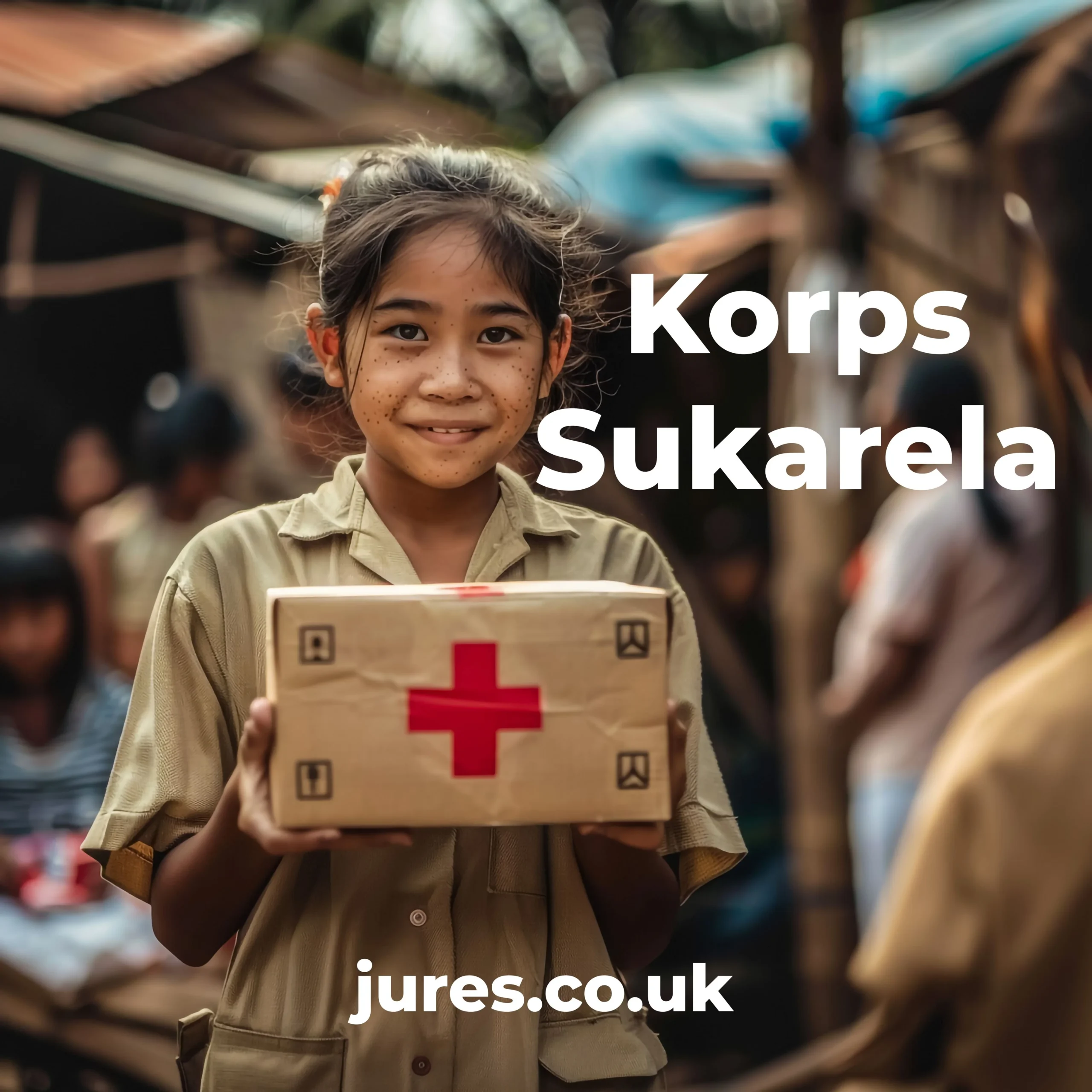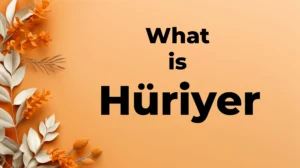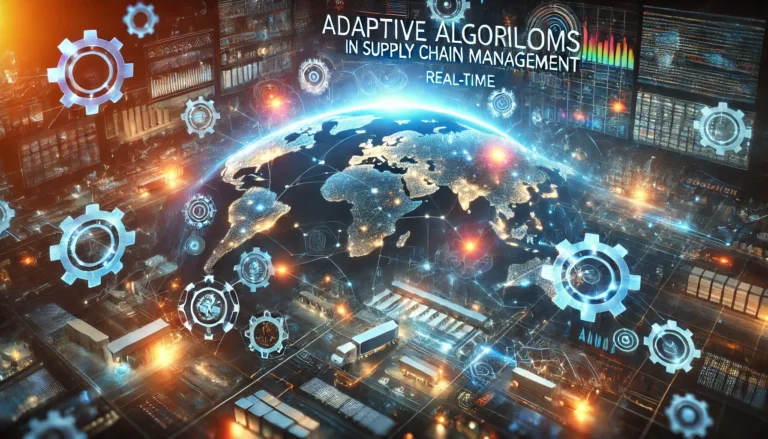Introduction
In the vast archipelago of Indonesia, where natural disasters like earthquakes, tsunamis, and volcanic eruptions are frequent occurrences, Korps Sukarela (KSR) stands as a pillar of strength and resilience. Part of the Indonesian Red Cross Society (PMI), KSR plays a crucial role in providing timely and effective humanitarian assistance to communities in need across the nation.
Historical Background
Established decades ago in response to the growing need for organized volunteer efforts, Korps Sukarela has evolved significantly over the years. What began as a humble initiative has grown into a well-structured organization with a rich history of serving communities during their most challenging times.
Organizational Structure
Within the framework of PMI, Korps Sukarela operates through a meticulously organized structure that ensures swift and coordinated responses during emergencies. Regional units across Indonesia are equipped with trained volunteers ready to deploy at a moment’s notice, bolstered by PMI’s extensive network and resources.
Mission and Objectives
At its core, Korps Sukarela is dedicated to providing comprehensive disaster response, healthcare services, and fostering community empowerment. The organization’s mission revolves around enhancing resilience and reducing vulnerability in communities facing diverse challenges.
Training and Capacity Building
Central to KSR’s effectiveness are its robust training programs. Volunteers undergo rigorous training in disaster management, first aid, and community engagement, ensuring they are well-prepared to handle the complexities of humanitarian crises with professionalism and compassion.
Key Areas of Operation
KSR’s operations encompass a wide range of activities critical to community well-being. From immediate disaster response to long-term health initiatives and empowerment projects, KSR’s impact extends far beyond immediate relief efforts.
Collaborations and Partnerships
Collaboration with international organizations such as the International Federation of Red Cross and Red Crescent Societies (IFRC) enhances KSR’s capabilities through knowledge sharing and resource exchange, enabling them to adopt global best practices.
Impact and Success Stories
KSR’s impact is tangible and far-reaching. During major disasters like the 2004 Indian Ocean tsunami and recent earthquakes in Lombok and Sulawesi, KSR volunteers played pivotal roles in saving lives and providing crucial support to affected communities.
Challenges and Innovations
Despite its successes, KSR faces challenges such as volunteer fatigue and the need to adapt to climate change-induced disasters. Innovations in technology and community engagement are key to overcoming these challenges and ensuring sustainable humanitarian efforts.
Future Directions
Looking ahead, KSR aims to expand its outreach and enhance its programs. Strategic initiatives include increasing volunteer numbers, leveraging technology for better coordination, and integrating climate resilience into their operations to better serve Indonesia’s vulnerable populations.
Testimonials and Personal Stories
The heart of KSR’s impact lies in the stories of those it serves. From volunteers who dedicate themselves selflessly to beneficiaries whose lives have been transformed, each story underscores the organization’s commitment to humanitarian values.
FAQs (Frequently Asked Questions)
Q1: How can I volunteer with Korps Sukarela (KSR)?
- A: You can apply to volunteer with KSR through their official website or contact your local PMI chapter for more information on volunteer opportunities and requirements.
Q2: How does KSR respond to natural disasters?
- A: KSR deploys trained volunteers immediately to affected areas, providing emergency aid such as medical assistance, shelter, and distribution of essential supplies.
Q3: What kind of training do KSR volunteers receive?
- A: KSR volunteers undergo comprehensive training in disaster response, first aid, community engagement, and other relevant skills to ensure they are well-prepared for various emergency situations.
Q4: How does KSR collaborate with international organizations?
- A: KSR collaborates with organizations like IFRC to share knowledge, resources, and best practices, enhancing their ability to respond effectively to humanitarian crises.
Conclusion
Korps Sukarela (KSR) exemplifies the power of volunteerism and solidarity in addressing Indonesia’s humanitarian challenges. As it continues to evolve and adapt, KSR remains steadfast in its mission to build resilient communities and uphold the spirit of compassion and service.






















+ There are no comments
Add yours